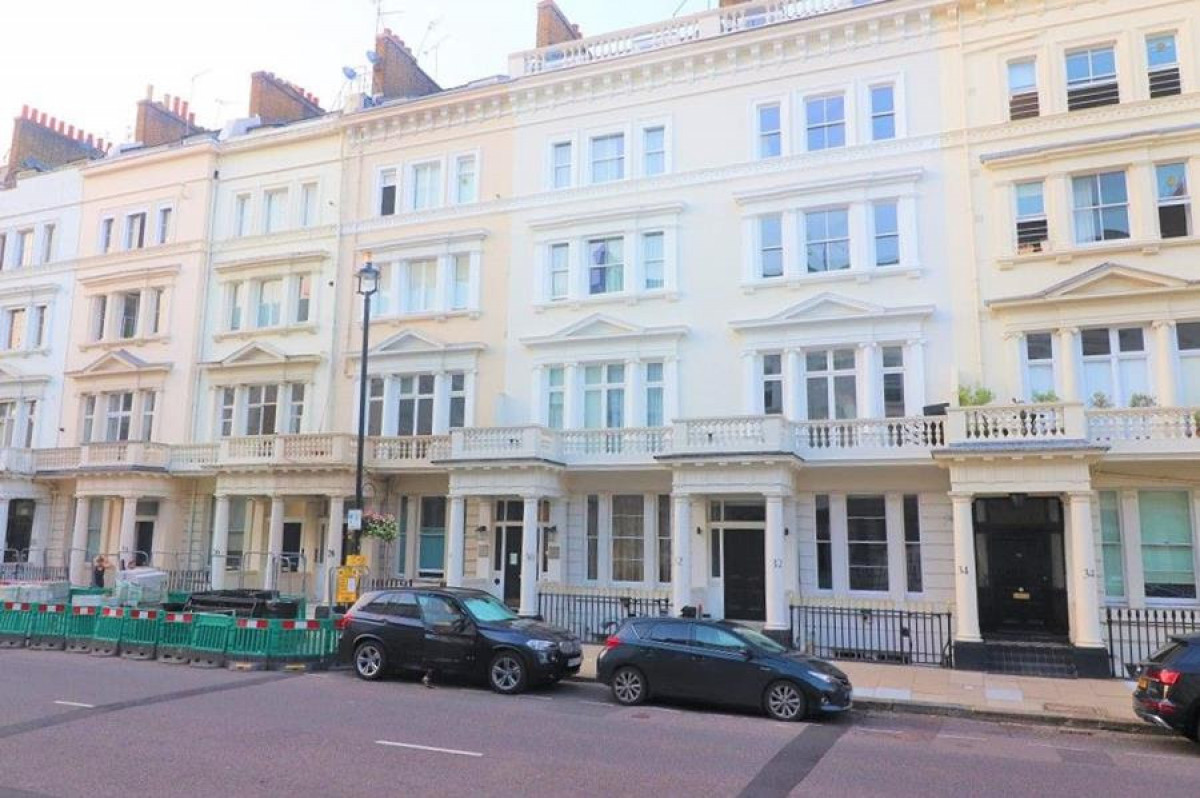How Will the Renters Reform Bill Affect Landlords and Tenants?

On 17th May 2023, the UK government introduced the Renters Reform Bill, seeking to address issues in the private rental housing market. Amidst a cost of living crisis and a shortage of available rental properties, the cost of rents is rising and tenants are battling immense competition to secure homes. The Renters Reform Bill looks to give tenants more rights over their living situations and prevent private sector landlords from unnecessary stipulations and failing to meet basic standards of living.
What Have Been the Issues in the Private Rental Market?
The shortage of available rental properties has allowed landlords to be pickier over who they allow to rent their homes, resulting in an unfair situation where potential tenants can neither buy their own property nor rent one. Stipulations declaring that tenants may not rent their properties if they are claiming benefits, have children or pets dramatically reduces the available properties and leaves renters in precarious positions.
Tenants have also lived with the threat of so-called 'no-fault' or Section 21 evictions. Under the 1988 Housing Act, landlords have retained the power to evict tenants and repossess the property even if a tenant has behaved impeccably.
This lack of security for tenants has played into the hands of unscrupulous landlords. If the standard of living has not been up to scratch and tenants have raised concerns, the threat of a Section 21 eviction has allowed these types of landlords to ignore maintenance issues, leaving tenants living in poor conditions.
How Does the Renters Reform Bill Address These Problems?
The difficulties that tenants have had to face in recent years have led the government to introduce a bill which offers them further protection.
The Decent Homes Standard
Recognising that every tenant has the right to live in a well-maintained property, the Renters Reform Bill has introduced the Decent Homes Standard. This minimum standard of living requires all properties to be properly heated and insulated, as well as equipped with reasonably modern facilities.
This emphasis on decent living standards feeds into the government's 'Levelling Up Mission', their aim to halve the number of unsuitable rental properties by 2030.
Bans on certain types of tenant are now against the law
Blanket bans on tenant who claim benefits, have children or pets are no longer enforceable. This gives tenants access to a greater selection of housing and eases the pressure of intense competition for a small number of properties.
Abolishment of Section 21 evictions
With the removal of Section 21 evictions, tenants will now have more security and more power to challenge landlords on inadequate living conditions. Tenants can now breathe easier, knowing that they can bring issues to landlords' attention without fearing that they could be evicted.
More financial security
Under the new bill, landlords are now only permitted to raise rental costs once per year. In addition, notice periods have been extended from one month to two, allowing renters to find a cheaper property if they can't afford the increase.
Are There Any Concerns About the Renters Reform Bill?
The bill has received mixed feedback. While an overhaul of housing regulations was necessary to afford more protection to tenants, the government has been accused of penalising landlords. The changes to regulations may have knock-on effects that impact the rental market.
The cost of some rental properties may have to increase to allow landlords to meet the required Decent Homes Standard. Furthermore, landlords may have concerns over being able to evict tenants who display anti-social behaviour, damage the property or persistently miss rental payments. The government has indicated that it will give responsible landlords more power to evict troublesome tenants but it is unclear how this will be achieved.
It is possible that some landlords could feel some trepidation over these changes and decide to sell their properties, further contributing to the national shortage of rental homes.
The Renters Reform Bill is designed to give tenants more rights and security and these changes in the regulations are long overdue. However, it is hoped that landlords will also have confidence in the new legislation and that it will ideally protect the interests of model tenants and responsible landlords.

If you are ready to move on, contact us for expert advice
Image is from St Georges Drive, London, which was available for rent in May 2023..

Selling This Spring? Here’s How to Get Ahead of the Competition
26.02.2026Spring is one of the busiest times to sell, but more listings mean more competition. Here’s how to price, photograph and position your home to stand out and secure early offers.
.png)
Sell or Let Your Property Yourself – Why More UK Homeowners Are Choosing to Go Online
03.02.2026Selling or letting a property no longer has to mean handing over thousands of pounds to a traditional estate agent.
(8).png)
How to Spot and Avoid Conditional Selling
15.01.2026Have you ever been told you need to use an estate agent’s mortgage broker or solicitor to have your offer considered? That’s called conditional selling - and it’s against the rules.

A Sit-Down Interview with Emoov CEO Nick Neale
02.12.2025Join us for a sit-down chat with our CEO, Nick Neale, as he shares the story behind Emoov, how the online agency began, and what drives the way we work today.

Why UK Homes Are Becoming More Affordable (And What It Means If You're Selling or Buying)
01.12.2025After years of house prices rising way faster than wages, things are starting to shift. With earnings growing faster than property values for the fourth year in a row, home ownership affordability is finally improving across the UK. But what does this mean if you're thinking of buying, selling, or trying to move up the property ladder? In this blog, we unpack the latest trends and offer practical advice for navigating a more balanced market - whether you’re doing it yourself or listing with Emoov.

Has Your Home Increased in Value? What 2025 Property Prices Mean for Sellers
30.10.2025Homeowners across the UK are asking the same question: has my property increased in value over the last few years? With new figures showing that over a million homes have jumped by more than 50% in value since 2020, it might be time to take a closer look. Whether you're considering selling, remortgaging, or just curious, here's how to understand your home's worth in today's market.









